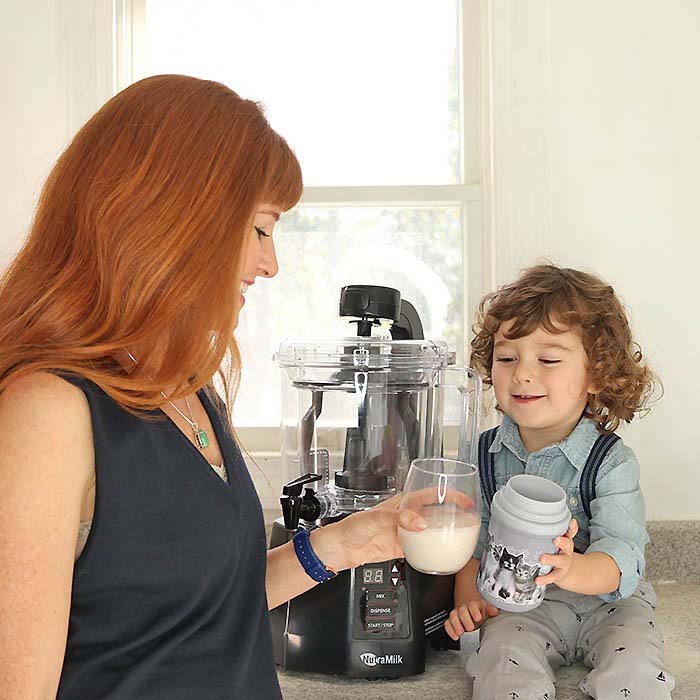 |
For as long as I can remember, peanuts and other tree nuts where a definite "no-no" for babies, but now, guidelines show that early exposure to these could actually significantly decrease the chances of your baby developing a nut allergy. Peanuts and tree nuts are among the top 8 most common allergenic foods for children. Due to this fact, previous recommendations delayed the introduction of these and other allergenic foods including eggs, milk, soy, fish, shellfish, and wheat for the first year of life. In 2000, the American Academy of Pediatrics (AAP) recommended that any child at high risk of a peanut allergy (like those with a family history of it, or with other food allergies, or eczema) not eat any before they turned 3 to help prevent the development of other allergic conditions, especially eczema. But, that didn't help, which is why in 2008 the AAP stopped recommending it. In 2015, an important study showed that early introduction and regular feeding of peanut prevented the development of peanut allergy in infants at "high risk" for peanut allergy (meaning infants who had severe eczema and/or an egg allergy). Continuous research shows that delaying nuts and other highly allergenic foods like soy, fish, seafood, dairy, eggs, and wheat does not help to prevent food allergy in the future. In fact, some research shows that introducing them early may reduce the risk of children becoming allergic to these foods later in life. The current guidelinesThe American Academy of Allergy, Asthma, and Immunology recommends introducing peanut and other nut butters to your baby only after other solid foods have been fed to them safely, without any symptoms of allergies. This can happen between 6 and 8 months of age. If your infant has a reason to be concerned for increased risk for food allergies, be cautious when introducing an allergenic food and consult with their pediatrician first. |
Tips for introducing nut butters to babies
- Avoid giving whole peanuts, nuts or pieces to any child under 4 years old. Peanuts and other nuts can be a choking hazard.
- Avoid buying or making chunky peanut or nut butter which can cause your little one to choke. To thin the texture of your nut butter, mix in a little water so it's more like a watered-down paste.
- Give nut butter to babies in moderation. Their high fiber content can interfere with absorption of important minerals such as calcium, iron, zinc, magnesium, and copper.
- Offer nut butters at a different time than foods that are rich sources of these minerals such as yogurt, so it does not interfere with absorption.
- Make blanched almond butter instead of whole almond butter which has less fiber or choose another nut, like cashew nut butter which is even lower in fiber.
- Make your own nut butter so you have full control of the ingredients that go in it. Store-bought nut butter typically has many additives and preservatives that are not good for anyone, especially babies.
- As with all infant foods, make sure nut butter is given in age and developmentally-appropriate safe forms, considering the consistency and serving sizes.
A few ideas of how to include nut butter in your baby's diet
Nut butters are nourishing and can enhance the nutrition of various baby foods. By adding nut butters, you will be enriching the meal with vitamins, minerals, plant-protein, heart-healthy fats and overall healthy calories that will help your baby grow and may even help prevent future allergies. Enjoy in moderation due to their high fiber content. |
 |
